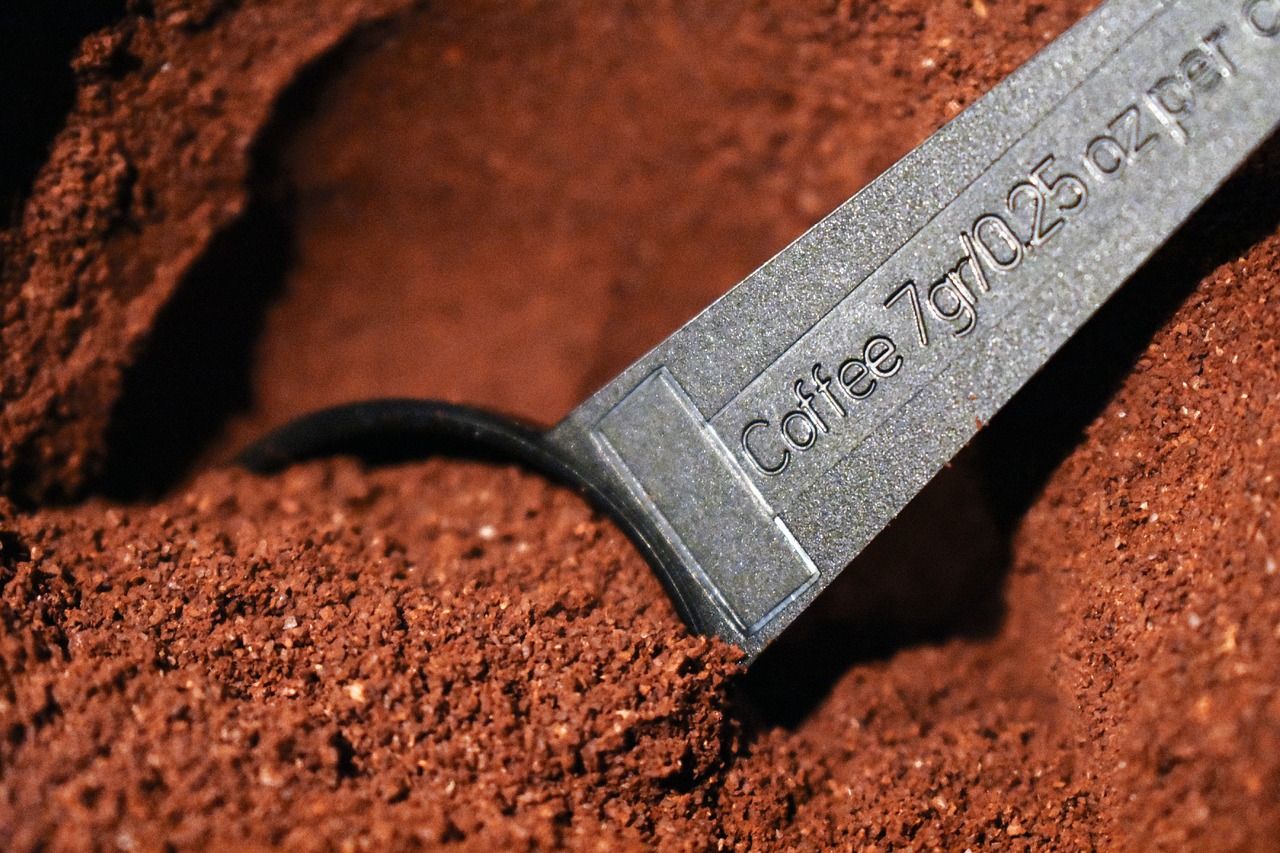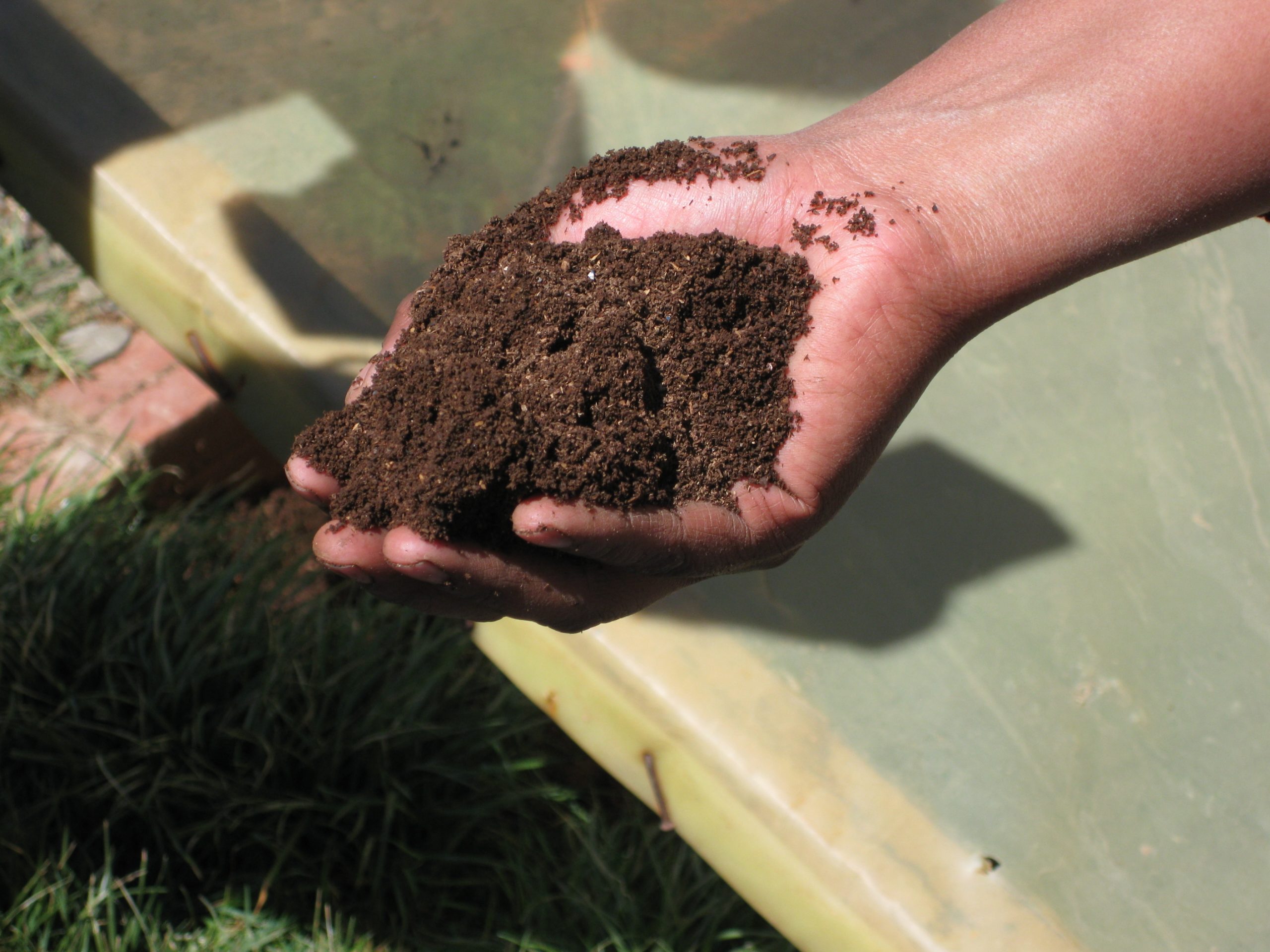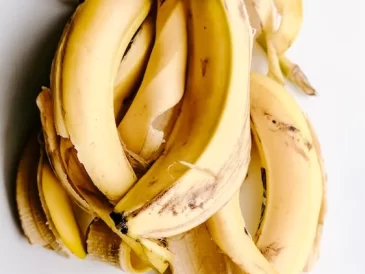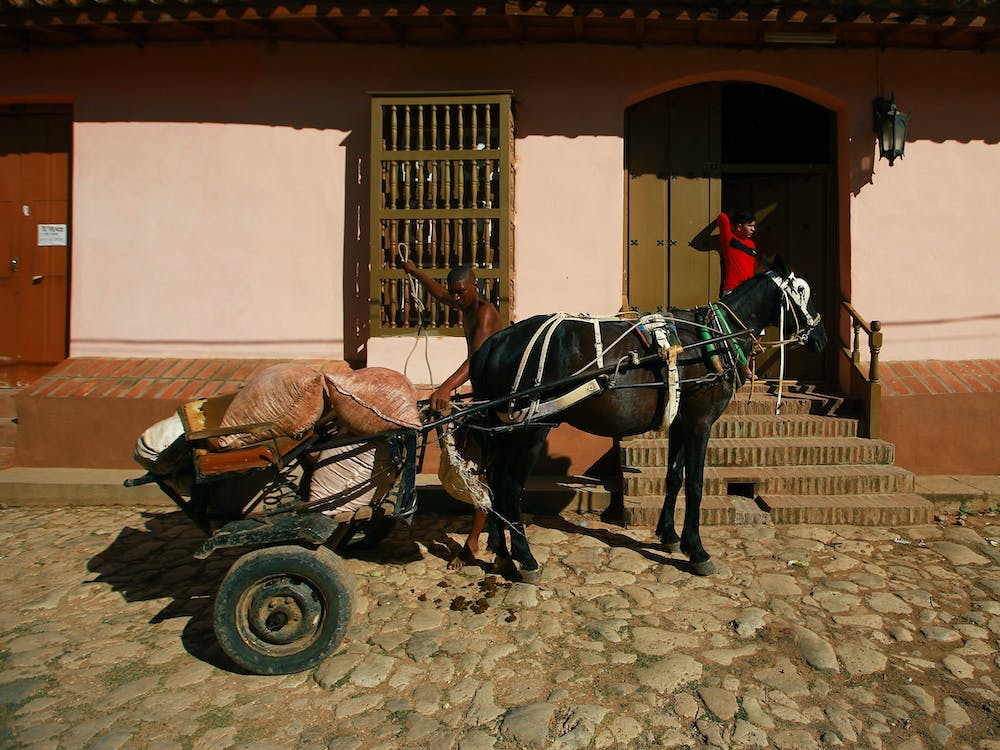Coffee Grounds
Many people start their day with a good coffee. All appreciate this dark and energizing drink. Over the years, coffee has been proven to have other more beneficial effects on human health. At the same time, the waste obtained after its filtration has proven to be equally important for those who have a passion for gardening. It plays the role of an organic and efficient fertilizer perfectly. In this article, find out how coffee grounds can be used as fertilizer.
What Is the Composition of Coffee Grounds?
Before you can get coffee grounds, you need to consume the coffee. It is what is left in the coffee pot after you have made your black beverage. Everyone knows that coffee grounds are first of all composed of caffeine. On top of that, it is composed of nitrogen, potassium, magnesium, phosphorus, and copper. In terms of action, the coffee grounds, by their low acidity, are very beneficial for plants. It even acts on the physical presence of certain plants, which become greener by its action.
Using Coffee Grounds for Your Seedlings
At the time of sowing, you can think of using coffee grounds to guarantee the excellent growth of your plants. The coffee that helps you boost your days is also helpful to boost the growth of your different plants. It is rich enough in nutrients to promote its growth. Its use is more important when your seedlings; that is, the seeds are either too small or too light. Just mix it with the potting soil before planting the seedlings, and you are assured of perfect growth.
How to Use Coffee Grounds as Fertilizer?
Coffee grounds are a naturally occurring fertilizer and a source of nutrition for plants. These plants directly absorb the potassium and magnesium contained in the coffee to ensure rapid development. Before discussing how to use it, focusing on its mode of action is essential.
Nitrogen is released progressively into the soil. It is by forming humus that the plants benefit from its action. It should be noted that the nitrogen contained in the coffee grounds acts on the plants during their degradation. Of the elements contained in coffee grounds, copper and phosphorus act on plants in the last position.
It is not recommended to apply coffee grounds directly on the plants. Indeed, when it is not mixed with another element, it hardens and prevents water penetration and air circulation.
To use it as a fertilizer, it is essential to make a mixture with sand or ground eggshells. However, depending on its action on plants, it is enough to add a small amount of the composition to the plants or to the soil.
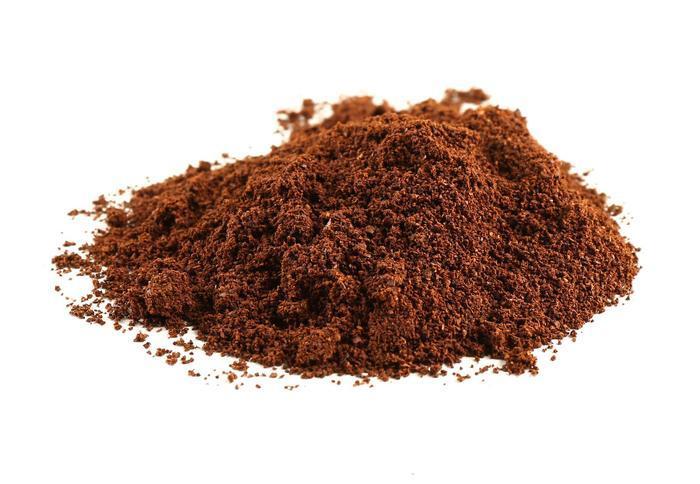
Can We Put Coffee Grounds in the Compost?
Adding coffee grounds to compost makes it even more prosperous and more powerful to use. Indeed, the mineral composition of coffee grounds strengthens the compost. The nitrogen, magnesium, potassium, and copper contained in the grounds all contribute to this strengthening.
Moreover, caffeine, the main component of coffee, positively affects compost. Indeed, the presence of caffeine in coffee makes it more active and also helps people to feel good. A similar effect is produced on the compost when the coffee grounds are added. Therefore, you will have a faster and more reliable result.

